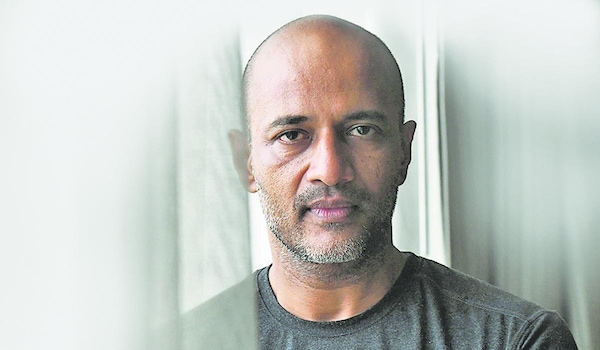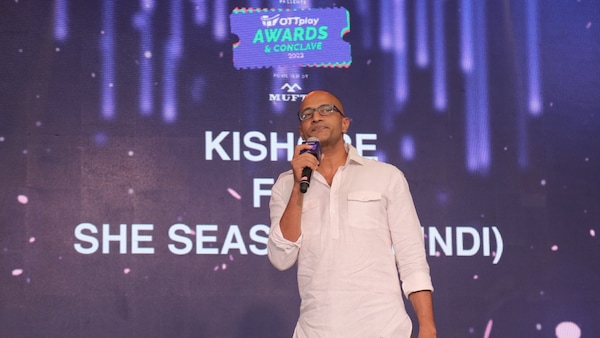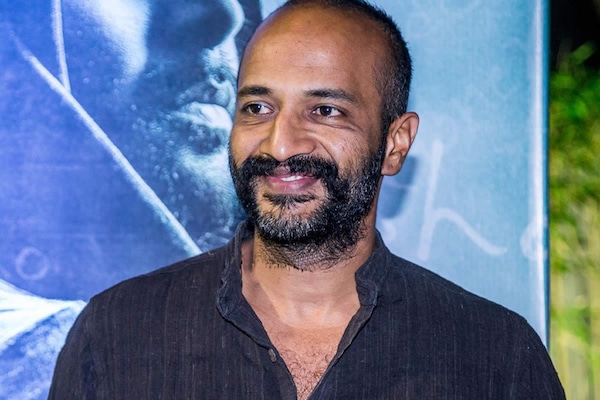Kishore on his directorial venture, Drive: ‘I learnt to understand the perspective of other actors’
Kishore on his directorial venture, Drive: Shot in bits and pieces as and when Kishore finds time amid his busy acting schedules, Drive is a political satire masked as a thriller.

Kishore is working on his debut directorial
Last Updated: 09.48 AM, Feb 23, 2025
Actor Kishore has been working on his directorial debut, Drive, for a while, a process he says has been taking time because of scheduling issues. “I have been able to shoot major portions that were planned earlier. Since I am also producing the film, the issue for me has been planning; I need to honour all my acting commitments too, which brings in the money for the production. Since I am the director and producer, I am aware of the production limitations; if you don’t work as per plan within a stipulated time, unexpected expenditures crop up, which, in turn, affects other related work,” he explained during his conversation with Kairam Vaashi for the promotions of his last Kannada release, Anamadheya Ashok Kumar .

Talking of his experience of direction, Kishore said that as an actor-turned-director, there is a certain visualisation that happens, which may or may not align with how the actor he’s directing sees it. That, he says, was a very interesting part of filmmaking for him. “For instance, one of the actors on board is Avinash. I would expect something, he’d deliver something else; at some point you have to realize that it’s a folly to push your actor till you get what you want. He may have done a sequence far more effectively than you’d envisioned. Where to draw the line and move on was the interesting choice for me, as well as understanding the perspective of another actor,” he adds.
Also read:
All about Kishore's directorial, Drive
The film, describes Kishore, looks like a thriller but is a political satire as well. Drive is a tale about migration that touches upon the current political and social climate in the country. An investigation into the crime of a migrant that occurs during communal tension in Udupi takes a team on a journey. “At the start of the journey, there’s someone who’s thought to be the criminal, but as it progresses, they realize that anyone can be a criminal. There is a lot of conversation around this,” explains Kishore, adding that the film is dialogue-driven to a large extent.

The political tone of the narrative is intentional, says Kishore, who firmly believes that it addresses issues that ought to be spoken about in a public forum. More than a political satire, it is a story of introspection as well, he reckons. The intention, Kishore adds, was to highlight a few pertinent issues, and the challenge was in figuring out which of the characters would address them for maximum effect.
